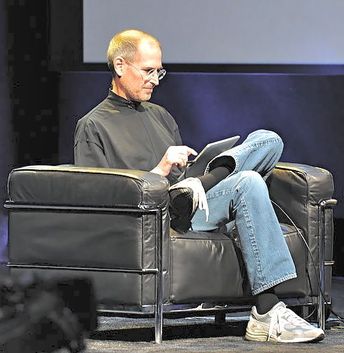
Compassion is timely. Suffering abounds – in the workplace, in our lives, in our communities, both due to natural causes and those caused by people. Internationally we are interdependent, ecologically, economically. In the past ten years research on compassion (e.g., the positive effects on well-being) and organizational collaborations (e.g., the Compassionate Action Network International) furthering care and compassion have grown. The authors credit Peter Frost of the University of British Columbia (now deceased) and his 1999 article “Why Compassion Counts!” for sparking the current emergence of interest in compassion among management scholars.
Compassion is timeless. It lies at the heart of world religions. Philosophers from the Greeks forward have debated compassion, with some (e.g., Plato, Descartes, Kant) “skeptical of compassion as a basis for decision making and taking action” (p. 506). Adam Smith, “patron saint of self-interest”, saw compassion as complimentary to self-interest and good for our survival as a species. Rynes and her co-authors concluded the research evidence is suggesting “other-centeredness and interconnectedness are central aspects of humanity” (p. 508).
For me the most meaningful aspects of this article are the questions asked or implied, or questions about which it made me think:
- Is compassion part of being a leader, a manager, and co-worker?
- Should compassion be a central value in more organizations, reflected in vision, mission and value statements?
- What happens to organizational culture when compassion is elevated to a more central role?
- Is it possible to have a compassionate culture in workplaces where people are hurt, suffer, sometimes with no fault to themselves, where there are disappointments, conflicts?
- “Do the dynamics of power and distress increase our insensitivity to the pain of the others?” (p. 519)
- What would it mean “to infuse care and compassion into the practice of management . . .? (p. 519)
My take-aways:
There is much research to be done. Do we have a valid, reliable instrument to measure compassion in the workplace? Are there specific interventions that can make a difference, such as compassion training? Are there organizations that already are models of holding compassion as a core value? What do they look like? How successful are they?
And on an individual level. How compassionate am I toward my co-workers? Can I tell when they are suffering? Is there anything I can do to help? Is there anything my supervisor can do? How other-centered am I? How much am I interconnected with others? In my workplace? My community? My home?
Frost, P. J. (1999). Why compassion counts! Journal of Management Inquiry, 8, 127-133.
Rynes, S. L., Bartunek, J. M., Dutton, J. E., & Margolis, J. D. (2012). Care and compassion through an organizational lens: Opening up new possibilities. Academy of Management Review, 37 (4), 503-523.
Image of Adam Smith from http://commons.wikimedia.org/wiki/File:Adam_Smith,_1723_-_1790._Political_economist_-_Google_Art_Project.jpg
Public domain: http://creativecommons.org/publicdomain/mark/1.0/deed.en





 RSS Feed
RSS Feed